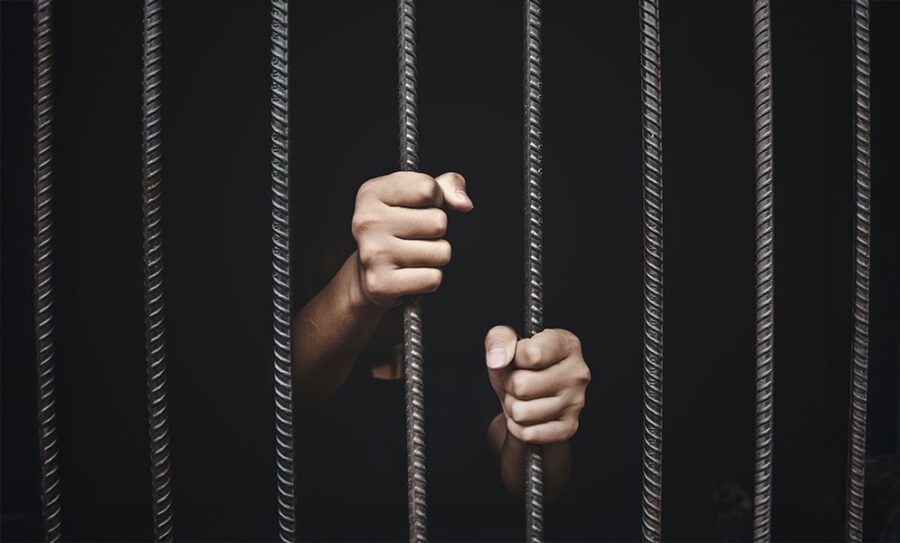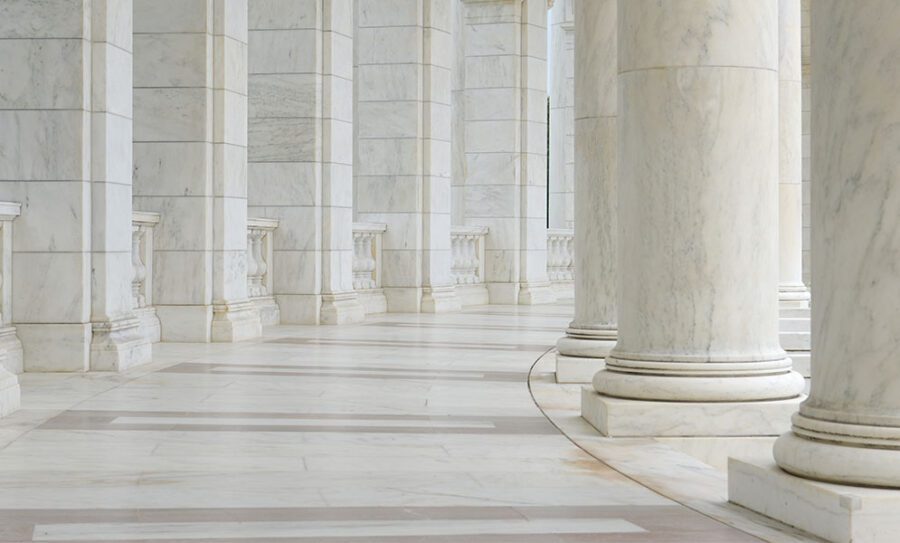Creating Opportunities for Choosing Well
Should we choose the educational approach that aligns with our family’s values, even if it means financial sacrifice? Should we take direct responsibility for our children’s learning, so they receive the best education, despite the demands on our time? Should we stand firm on our educational convictions, even when it means facing criticism from others?
Parents pursuing education independence wrestle with these questions every day. Each represents a moment of choice rich with possibility and weighted with meaning. But these questions reveal a fundamental truth: every educational choice is a transaction. We exchange something we have for something we want.
Think of these choices as investments in an educational marketplace. Parents must decide how to spend their limited currencies: time, energy, money, relationships, and even their civil liberty. However, these opportunities to choose well don’t happen by accident. They require parents to make strategic deposits into various “accounts,” building up the currencies that education independence demands.
The Transactional Nature of Educational Choice
This transactional reality separates education independence from simply accepting whatever the state provides. Default public schooling appears “free,” but it costs parents their ability to make meaningful exchanges. Understanding education as a marketplace of choices reveals why ownership matters fundamentally. Only when parents truly own their educational decisions can they begin making the strategic investments that build toward genuine freedom.
The Currencies of Educational Investment
Parents pursuing education independence draw from four categories of limited resources, each requiring careful stewardship and disciplined deposits over time.
- Material Currency: Money for tuition, curriculum, and experiences, along with the irreplaceable time spent teaching, researching, and engaging in children’s learning. Material discipline means consistently choosing long-term priorities over immediate financial comforts or career advancement.
- Personal Currency: Knowledge gained through teaching, resilience to handle uncertainty and criticism, stamina for sustained effort, and spiritual health, the deep wellspring that sustains parents in this demanding journey. Personal discipline requires continual growth and sacrifice of personal comfort for the sake of children’s flourishing.
- Social Currency: Relationships with like-minded families and learning communities, often built at the cost of convenience, and sometimes at the expense of reputation when choosing unconventional paths. Social discipline means intentionally cultivating these bonds rather than defaulting to the status quo.
- Civil Currency: Most critically, the civil liberty to direct a child’s education without government interference. Civil discipline involves conviction and courage: learning the legal boundaries, engaging with policymakers, and protecting the family’s jurisdiction so today’s freedom becomes tomorrow’s inheritance.
Disciplined deposits across these accounts create reserves of freedom. Over time, these balances multiply options and equip families to choose well for themselves and model principled stewardship for the generations that follow.
Full Accounts Generate Proportional Freedom
Disciplined deposits create genuine freedom proportional to accumulated currency reserves. Families with substantial material currencies can choose between multiple educational options and pivot when circumstances change. Parents with deep personal currency accounts possess the knowledge, energy, resilience, stamina, and spiritual strength to sustain long-term educational commitments.
Social investments create networks that multiply options—learning communities, mentorship opportunities, and relationships that open doors others cannot access. Most critically, parents who’ve invested in civil discipline find themselves equipped to defend their choices and the framework that makes choice possible for all families. This proportional relationship explains why some families navigate educational independence confidently while others feel trapped. Moreover, this type of freedom isn’t distributed randomly—it’s earned through disciplined investment over time.
Investing Currency in Noble Choices
With accumulated currency comes the opportunity—and responsibility—to choose well. Not all educational choices are equal; some serve higher purposes that extend beyond immediate family benefit.
Parents with full currency accounts can choose excellence over convenience, principle over pragmatism. They might select challenging curricula that build character, create learning communities that serve other families, or engage in advocacy that protects education independence for future generations. These noble investments create positive cycles—modeling principled decision-making for their children while strengthening the broader educational independence movement.
The freedom to choose well represents the culmination of the entire currency-building process. Parents who’ve made disciplined deposits across all accounts find themselves positioned to make educational decisions based on principle rather than mere circumstance.
But what happens when government intervention eliminates these opportunities for noble choice?
How Government Intervention Bankrupts Educational Currency
When government regulation restricts educational choices, it systematically drains the currency accounts parents have built, and in some cases, eliminates their ability to make certain noble choices entirely.
Consider Florida’s law prohibiting institutions from charging tuition for dual enrollment programs. Florida Statute 1007.271(24) states, “A student may not be charged tuition and fees for enrollment in college credit dual enrollment courses.”
This regulation didn’t make education “free”—it made meaningful choice impossible. Families lost the ability to invest their resources in enhanced educational experiences. The civil liberty currency they’d accumulated—the right to own and direct their children’s advanced education—was confiscated by regulatory decree and functionally eliminated the free-market of dual enrollment programs in that state. Rights to self-govern education come from ownership, and ownership comes through paying the bill. If parents are not allowed to pay their own bills, they are also denied exclusive ownership rights.
Self-governing = Ownership = Investment
The law intended to provide more educational access, but the unintended consequence was eliminating a noble choice entirely. Removing the option for families to self-fund dual enrollment also removed their ability to self-govern their educational journey. Parents who had built currency reserves to make sacrificial investments in their children’s future found those currencies suddenly unusable.
This represents the broader pattern: government intervention doesn’t just limit options, it prevents families from building the currency accounts that create options in the first place. When parents cannot freely exchange their resources for educational choices aligned with their values, the entire system of education independence collapses.
Most tragically, these interventions eliminate opportunities for the noble choices that form character. When choice disappears, so does the possibility of choosing well.
The Stakes of Education Independence
The difference between these two scenarios—responsibility and discipline vs. government intervention—isn’t merely about educational policy. It’s about forming human character and preserving fundamental freedoms. When families can build educational currency through disciplined choices and invest those resources in noble decisions, they create both excellent outcomes for their children and stronger foundations for a free society. Rights come from ownership, and ownership comes through paying the bill. If parents are not allowed to pay their own bills, they are also denied the exclusive ownership rights that come with that responsibility.
The opportunity to choose well in education represents the opportunity to choose well in life. Every currency parents invest, every disciplined deposit they make, every noble choice they pursue teaches children that meaningful outcomes require meaningful sacrifice. By watching their parents shoulder responsibility—even when costly—children learn the deeper lessons of citizenship, stewardship, and moral reasoning. But if government intervention strips parents of ownership, those lessons disappear along with the choices.
Parents understand that children are not commodities but are entrusted to them by God, the most precious inheritance they will ever steward. Every sacrifice, every deposit, every transaction in education independence is ultimately about faithfully investing in souls of eternal worth. We must guard these opportunities carefully. Education independence is not just about what school you send your children to. It’s about preserving the conditions that make noble choices possible for our children and generations to come.





